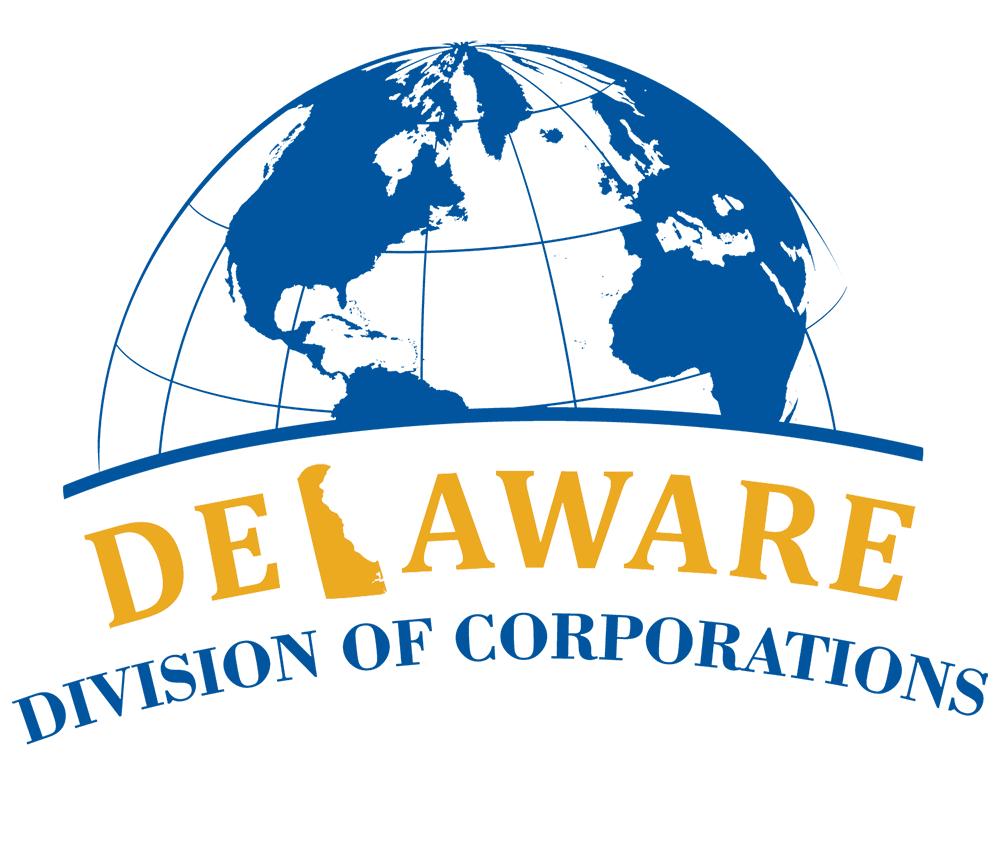Monday, June 30, 2003
Changes Expand Chancery Jurisdiction and Inspection Rights
Dover– Governor Ruth Ann Minner has signed the following legislation amending Delaware’s business entity statutes:
SB 58, SB 126 — Relating to the Court of Chancery
SB 127 — Amending the Delaware General Corporation Law
SB 128 — Amending the Limited Liability Company Act
HB 200 — Amending the Revised Uniform Partnership Act
HB 201 — Amending the Revised Uniform Limited Partnership Act
HB 202 — Relating to Exculpatory Clauses
Copies are available by clicking the above hyperlinks.
Highlights of this year’s legislation are summarized below:
NOTE: THE FOLLOWING SUMMARY OF 2003 LEGISLATION AFFECTING DELAWARE BUSINESS ENTITY LAWS IS NEITHER AUTHORITATIVE NOR ALL-INCLUSIVE. THIS SUMMARY DOES NOT REPRESENT OFFICIAL POLICY OF THE STATE OF DELAWARE AND HAS BEEN PREPARED ONLY FOR GENERAL INFORMATIONAL PURPOSES AND NOT FOR LEGAL ADVICE.
CHANCERY JURISDICTION — Three of the major legislative developments affecting corporate law and practice relate to the jurisdiction of the Court of Chancery, and only one of those developments involves an amendment to the Delaware General Corporation Law.
Expanded Subject Matter Jurisdiction – Section 111 of the Delaware General Corporation Law has been amended to expand the subject matter jurisdiction of the Court of Chancery with respect to a wide range of controversies involving corporate law. That range includes actions to apply, interpret, enforce or determine the validity of corporate documents, such as merger agreements, stock purchase agreements, stock option agreements and stock transfer restrictions, and also covers civil actions to apply, enforce or interpret provisions of the Delaware General Corporation Law. Many such actions might have been eligible to be heard in the Court of Chancery for independent reasons, but the amendments to Section 111 eliminate any need for an independent basis for equity jurisdiction with regard to most matters addressing Delaware corporate law.
Technology Court and Mediation — New Sections 346 and 347 of title 10 of the Delaware Code have been enacted to extend the subject matter jurisdiction and powers of the Court of Chancery in other ways. Specifically, the Court of Chancery now has independent jurisdiction to mediate and decide cases involving a “technology dispute.” A “technology dispute” is a dispute relating primarily to technology “of a complex or scientific nature that has commercial value,” involving at least one business entity organized under Delaware law, not involving a consumer as a party to the dispute, and with an amount in controversy exceeding $1 million, where damages are the sole relief sought. The parties to the dispute must have consented to jurisdiction in the Court of Chancery, and neither punitive damages nor a jury trial are allowed. The Court of Chancery has also been empowered to mediate business disputes involving a Delaware business entity, and not involving a consumer, as long as the parties have consented to such mediation and where damages are the only relief sought, the amount in controversy exceeds $1 million. The scope of business disputes within the new statutory mediation power is to be determined by rule of the Court of Chancery.
Personal Jurisdiction over Executive Officers — The amendments to Section 3114 of title 10 of the Delaware Code extend the ability to obtain personal jurisdiction over officers of Delaware corporations with respect to alleged wrongful conduct occurring during their tenure in such positions. While such officers are currently subject to personal jurisdiction in Delaware if they also serve as directors, the 2003 amendments establish personal jurisdiction over the most senior corporate officers identified in the statute and highly compensated executive officers identified in SEC filings regardless of whether they also serve as directors. Because of enhanced requirements for independent director representation on public company boards of directors, it is likely that fewer senior officers will also serve as directors. Therefore, had Section 3114 not been amended, the ability to obtain personal jurisdiction in Delaware over some of the most significant participants in corporate governance would have been impaired.
STOCKHOLDER AND DIRECTOR INSPECTION RIGHTS
The 2003 amendments to Section 220 of the Delaware General Corporation Law effect three principal changes.
Director Inspection — First, paralleling the stockholder’s right to inspect the list of stockholders, the amendments establish that a director who seeks inspection of corporate books and records does so for a presumptively proper purpose, and the corporation resisting such inspection must affirmatively establish that the director’s purpose is improper. This change was intended to acknowledge and buttress the growing recognition of the importance of active oversight of corporate affairs by the board of directors, particularly its independent members.
Stockholder Inspection — Second, the amendments eliminate obstacles to stockholder inspection that no longer serve significant corporate purposes. Specifically, a formal oath is no longer mandatory in the written demand for inspection; a declaration under penalty of perjury under state or federal law is now sufficient. In addition, the demand can be made directly by the beneficial owner of shares held in street name, as long as accompanied by appropriate documentary evidence of current
Books and Records of Subsidiaries — Third, the 2003 amendments to Section 220 resolve ambiguity about the extent to which the stockholder’s right of inspection reaches books and records of subsidiaries. Under the 2003 amendments, the right of inspection — if supported by a showing of proper purpose – will extend to books and records of subsidiaries to the extent that the corporation itself either (i) has actual possession and control of such materials, or (ii) could obtain them through the exercise of control of the subsidiary. The synopsis to this amendment clarifies the limited intent of this legislation.
SUBMISSION OF MATTERS TO A STOCKHOLDER VOTE — The 2003 amendments add a new Section 146 to the Delaware General Corporation Law. This new section adopts and extends the principle previously expressed in Section 251(c), by which the corporation is permitted to enter into an agreement requiring it to submit a matter to a stockholder vote even if the board of directors subsequently determines that the matter is no longer advisable and recommends that the stockholders vote against it. In addition to merger agreements, Section 146 will apply to the submission to a vote of stockholders of matters such as amendments to the certificate of incorporation, dissolution, and sales of all or substantially all of the corporation’s assets.
CONVERSIONS OF DELAWARE BUSINESS ENTITIES — Amendments to the Revised Delaware Uniform Limited Partnership Act, the Delaware Limited Liability Company Act and the Delaware Revised Uniform Partnership Act extend the scope of entity conversion, by permitting Delaware limited partnerships, LLC’s and partnerships to be converted into an entity (a corporation, a limited liability company, a statutory trust, a real estate investment trust, a limited partnership, a general partnership or other unincorporated business) organized under the laws of a state other than the State of Delaware.
NOTE: THE ABOVE SUMMARY OF 2003 LEGISLATION AFFECTING DELAWARE BUSINESS ENTITY LAWS IS NEITHER AUTHORITATIVE NOR ALL-INCLUSIVE. THIS SUMMARY DOES NOT REPRESENT OFFICIAL POLICY OF THE STATE OF DELAWARE AND HAS BEEN PREPARED ONLY FOR GENERAL INFORMATIONAL PURPOSES AND NOT FOR LEGAL ADVICE.






